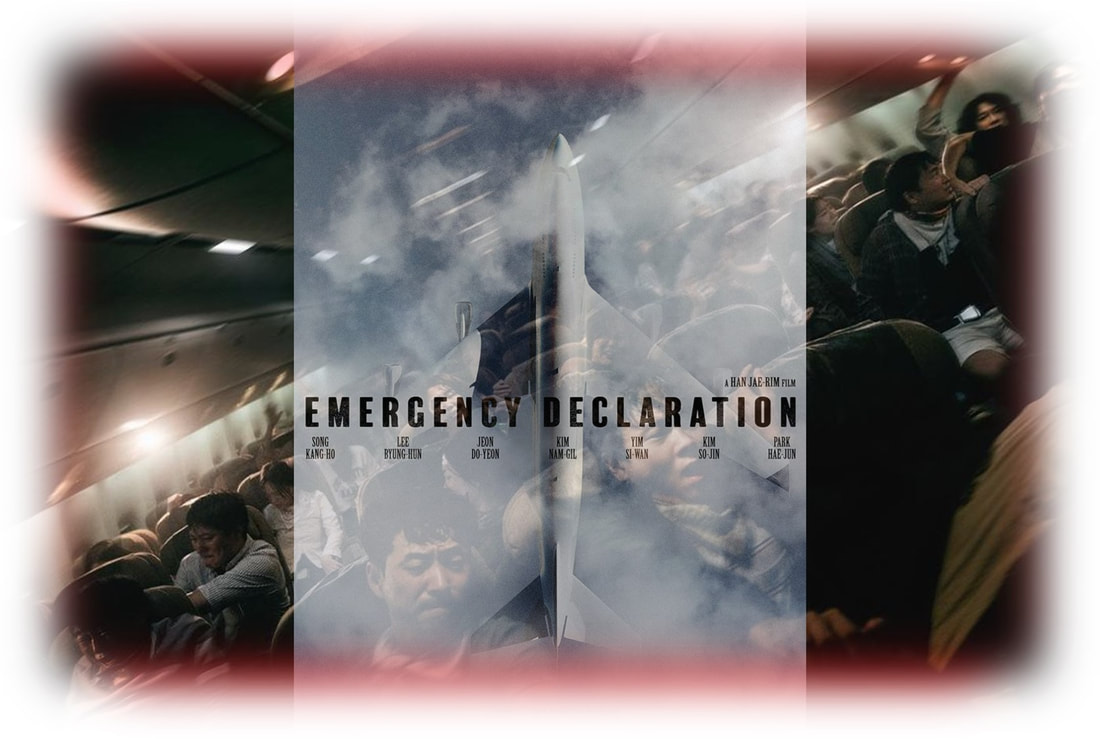|
Can a disaster that no one wants turn victims into villains? An evil scientist has released a dangerous virus inside an aircraft mid-air. All are infected; many die. Would you let that aircraft land in your country? If you are a passenger, would you want to land? Would you choose to be safe or want to save? Would you describe those who deployed fighter jets to force the plane out of their country as selfish? When you force a child to join the section of the aircraft meant for the infected because you have spotted a rash on her hand, whom are you saving? Why is it that those safe on the ground and those dying in the air have the same question—if the plane lands, can we live? Can humanity draw hope from the captain’s announcement before he broke all communications? “All of us aboard this plane have decided not to land. We know what the people on the ground are scared of. We don’t resent them. It’s just that we were caught in a disaster that none of us wanted. “We are weak and frightened humans. But because we are humans, there are things that only we can do. Now, we intend to make a decision for everyone’s sake. This decision is not to give into this disaster, and to make an honorable choice with our humanity. “Therefore, we won’t land. For the last time, we send our love to all our families." These are not meant to be spoilers. These are just some of the questions that came to my mind after watching the Korean movie, Emergency Declaration on Amazon Prime. I am no expert, but this movie may not be perfect. If you decide to watch it, do not let the telling distract you from the story … and the questions it raises. Images: From the movie, Emergency Declaration.
4 Comments
|
AuthorVijayakumar Kotteri Categories
All
Archives
July 2024
|


 RSS Feed
RSS Feed

